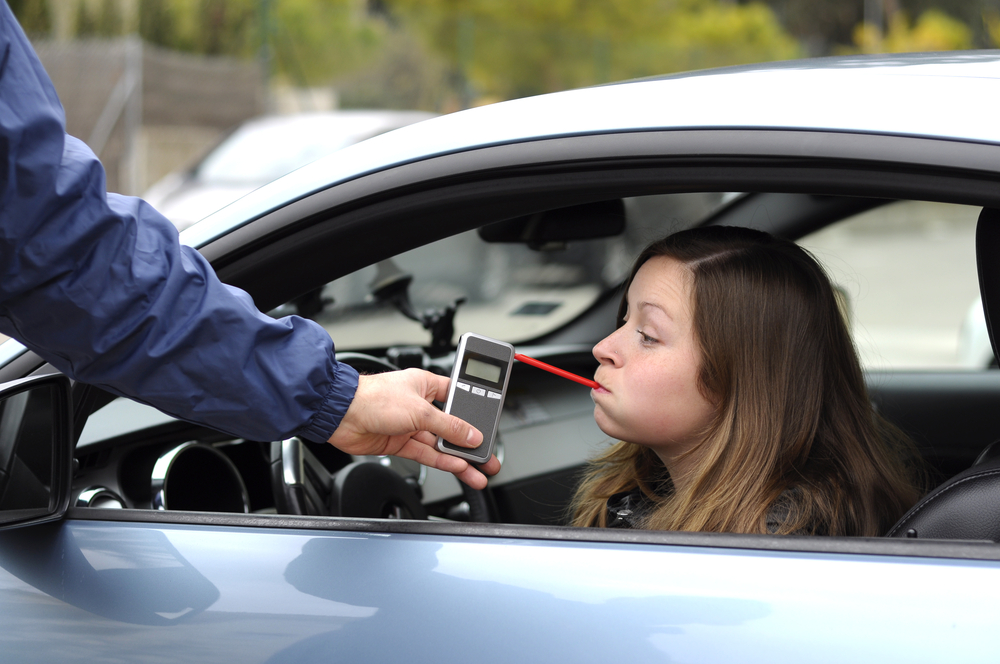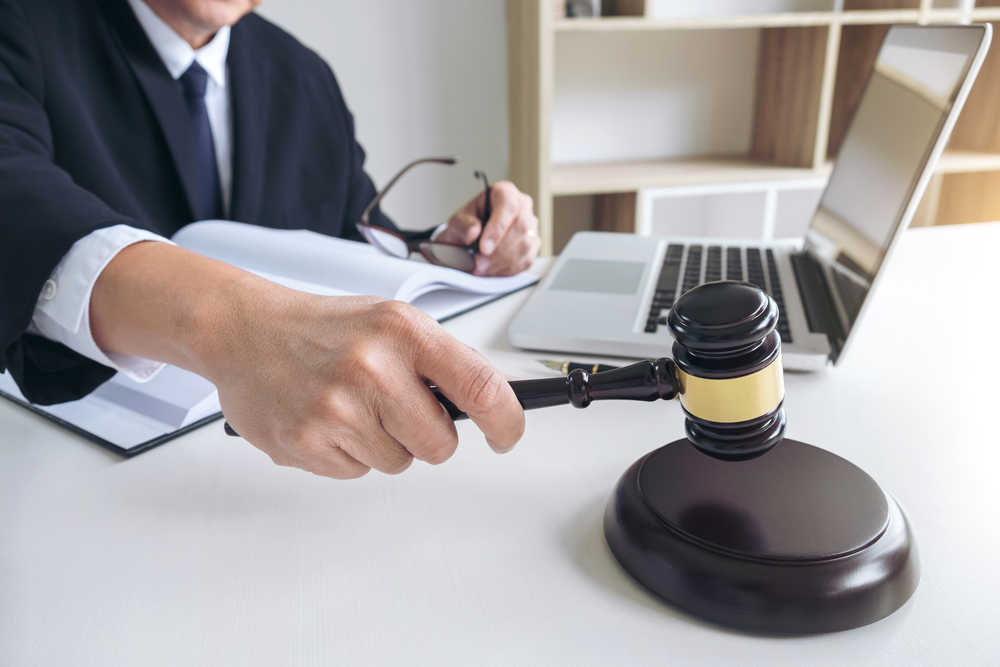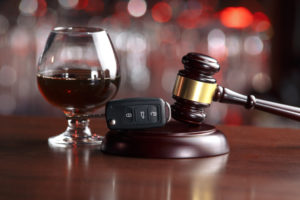
If you’re facing an impaired driving charge, you’re probably worried about the consequences you might suffer if convicted. A conviction can result in license suspension, fines, imprisonment, and even loss of driving privileges. Fortunately, an experienced Denton criminal defense lawyer can protect you from severe punishments.
At The Law Offices of Randall B. Isenberg, we have over 30 years of experience representing clients accused of drunk driving. You can count on a Denton DWI lawyer from our team to build a strong defense case, fight the charges you’re facing, and work hard to protect your freedom and future.
Types of Charges Our Denton DWI Lawyers Can Combat
We help clients defend themselves against a variety of DWI-related charges. If you or someone you love was arrested and is facing the harsh penalties of a conviction, our team is ready to help. We defend clients charged with the following:
- DWI
- Felony DWI
- Under 21 DUI
- Underage DWI
- Commercial DWI
- Intoxication assault
- Intoxication manslaughter
From DMV hearings to boating while intoxicated to ALR hearings, we are ready to represent you in hearings and at trial.
Our Denton DWI attorneys are familiar with state and local laws that can help you challenge the charges you face. We can also help you avoid enhanced charges and the penalties that accompany them.
Additional DWI Situations We Can Help You Navigate
Our firm has worked with clients in a variety of legal situations. Whether you’re a college student who just got your license or a working professional who has faced DWI charges in the past, you can count on us to build a defense tailored to your unique situation.
We’ll guide you through the legal process if you are one of the following:
- A minor charged with a DUI
- In danger of losing your driver’s license
- Scheduled to appear at an ALR (administrative license revocation) hearing
- Being charged with a first or successive DWI
If one of these examples describes your situation or if you’re dealing with different circumstances after a DWI arrest, our team is here to help. We’ll conduct an investigation of the incident and use evidence to get your charges dropped or reduced.
Consequences Our Denton DWI Lawyers Can Help You Avoid
The Texas Department of Transportation imposes severe penalties for impaired driving. If you’re facing drunk driving consequences, you’ll want to work with a skilled DWI lawyer from Denton. An attorney from our team can work hard to protect you from the following outcomes:
- Fines
- License suspension or revocation
- Imprisonment
- A criminal record
- Other unwanted consequences
These consequences can be expensive and may follow you around for years. Luckily, our team can help you avoid a life-altering sentence. No matter how severe your changes are, you can rely on us for guidance and support.
We Can Protect You From a Lengthy Prison Sentence
If you’ve been arrested for drunk driving, you’re probably frightened at the idea of spending time in prison. Our DWI attorneys in Denton understand how nerve-wracking this can be, which is why we’re here to combat your charges and help you avoid the following DWI sentences:
- Conviction for a first criminal DWI offense can mean up to 6 months of incarceration
- Conviction for a second offense can mean up to a year of incarceration
- Conviction for a third offense can mean up to 10 years of imprisonment
Each of these offenses can also come with fines ranging from $2,000 to $10,000, the loss of your driver’s license for up to two years, and an additional assessment of state fines at sentencing.
These penalties can be incredibly expensive and may land you in prison for as long as a decade. To protect yourself from these severe punishments, reach out to our team today and get started on your case.
Avoid Possible Sentence Enhancements for a DWI in Denton
According to Texas Penal Code § 49.01, you are considered intoxicated if your blood alcohol concentration (BAC) is .08% or higher. A DWI charge can be elevated or enhanced under certain circumstances, including having a proven BAC of 0.15% or higher. This result would elevate your charges from a Class B to a Class A misdemeanor.
Other offenses that could compound the charges you face include:
- Having an open container of alcohol in your car which elevates your charges from a Class B to a Class A misdemeanor that includes jail time
- Involvement in a DWI-related accident that caused bodily injury, which elevates your charges from a misdemeanor to a felony
If you’re facing sentence enhancements, you need a skilled legal team working on your side. Our DWI lawyers in Denton have extensive experience handling cases involving enhancements. We can negotiate with prosecutors to get your charges reduced, allowing you to avoid serious penalties.
Beyond Legal Penalties: Additional Consequences of a DWI Conviction
Unfortunately, DWI convictions result in additional consequences beyond legal penalties. These consequences can impact your family, reputation, career, and other aspects of your life. A conviction can have the following results:
- Prevent you from getting a student loan from the government
- Revocation or suspension of your professional license
- Stop a potential employer from hiring you
- Reputational damage that may affect your career
Attorney Randall B. Isenberg’s 30-plus years of experience as a former prosecutor and state district judge can help you avoid the penalties of a DWI conviction. With help from our entire team, you can avoid these consequences and get your life back on track.
Defense Strategies We Can Use to Win Your Case
Many times, we’re able to get our client’s charges dropped or dismissed before they ever step foot in the courtroom. Other times, we’re able to secure pre-trial deals that help us avoid long legal battles.
If your case goes all the way to court, however, we’re prepared to employ a defense that puts your rights, future, and freedom first. Depending on the details of your arrest, we may use one of the following strategies:
- The arresting officer didn’t read you your Miranda rights
- Law enforcement officers didn’t have probably cause to pull you over in the first place
- The field sobriety test was conducted incorrectly
These are only a few of the defenses a DWI attorney from our team in Denton can use to fight your charges. Once we’ve spoken to you about your arrest and conducted a thorough investigation of the incident, we’ll develop a defense strategy that suits your unique circumstances.
Questioning Breathalyzer Accuracy
In addition to challenging the arresting officer’s conduct, we can also question breathalyzer accuracy as a part of your defense. Breathalyzers are sensitive devices that need constant maintenance and proper calibration. Many police officers only have a basic understanding of how these devices work, which often leads to incorrect readings.
Our Denton DWI lawyers have a background in reviewing breathalyzer results and challenging their validity. If we believe your test results were incorrect, we could have them barred from trial.
What You Can Do to Improve Your Chances of a Fair Outcome
In our opinion, one of the best things you can do after being arrested is to consider legal representation. The longer you go unrepresented, the more at risk you put your rights. From the moment you partner with our experienced lawyers, we can start building your defense, shielding you from the police’s tactics, and protecting you from the penalties of an arrest.
Other post-arrest considerations that could promote the best possible outcome in your DWI case include:
- Exercising your right to remain silent
- Adhering to the terms of your bail
- Refraining from driving on a suspended license
- Enrolling in a substance abuse program
- Avoid driving while intoxicated again
Taking these steps can improve your chances of receiving a favorable outcome. That said, there’s no substitute for hiring a dedicated criminal defense lawyer from a law firm you can trust. Our firm has recovered impressive case results for individuals just like you.
When you hire our Denton DWI attorneys, you can rest assured that you have a highly experienced team on your side that knows how to get real results. No matter how much evidence there is against you, we’ll fight tirelessly to protect you from a damaging conviction.

Schedule a Free Consultation With a DWI Lawyer From Denton
Facing DWI charges can be terrifying, especially if a prison sentence is involved. The good news is that our experienced team of attorneys can work tirelessly on your behalf and advocate for your charges to be reduced or thrown out entirely.
Over the years, The Law Offices of Randall B. Isenberg has managed hundreds of driving while intoxicated cases. We know to challenge evidence, cross-examine witnesses, and fight for your best interests. Contact our firm today to schedule a free consultation with a Denton DWI lawyer and get started on your case.















